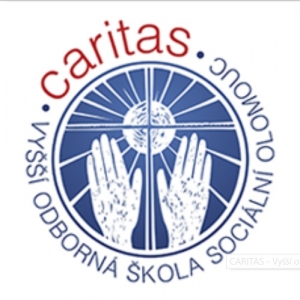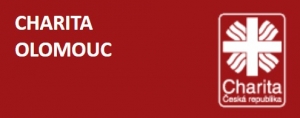Joint Study Programme between University, Vocational School and NGOs



The Olomouc region has a number of social problems that have been increasing and accumulating in the recent years, especially in the northern peripheral localities: population ageing, high unemployment and poverty rates, socially excluded localities (ghettos). The need for social services, including fieldwork, has consequently increased in the region. Palacký University in Olomouc (PU) saturates high demand for professional social and health workers thanks to its study programs at the Faculty of Arts, Faculty of Pedagogy and Faculty of St. Cyril and Methodius; and also thanks to the network of key actors in the region involved in the social care programs.
The study program of Christian Social Care that is accredited by the Theological Faculty is performed in close collaboration with local Church Vocational College CARITAS that provides some of the courses. Both cooperating educational institutions and the Charity evaluate the progress and benefits of mutual cooperation in all activities during regular joint workshops where they discuss and seek new ways to improve further education and work of tutors and mentors.
The key point of mutual cooperation is the practical training of students in the following study programs: Social Care, Special Education, Psychology and Adult Education. Faculty of Education, Faculty of Arts and Theological Faculty of St. Cyril and Methodius work closely with Charity and vocational college CARITAS (established by the archbishopric) to organize together training programs for students. The concept and design of this training are unique in the Czech Republic. Practices are rigorously organized and managed by the sending college and university while Charity provides places for trainees and receives feedback as a basis for self-improvement.
The process works as follows: a student together with a tutor at the university develops a plan for three-month trainee-ship charitable work. In Charity s/he is guided by a mentor, who advises the student during training, giving him/her feedback and also evaluates their stay. The mission of mentoring is to direct the personal development of the student, to reflect whether the student is trained enough to work with these target groups, such as people with mental illness, homeless, Roma, drug users and others. But there is also a feedback for specific Charity’s unit (its’ centers) because students-trainees also give evaluation on the basis of their experience in the organisation. Student works as a member of the Charity team and participates in virtually all activities. He or she takes notes of his/her observations of the work and the working environment and at the end of the trainee-ship s/he is given a feedback from their mentor in the Charity and their tutor at the university.

